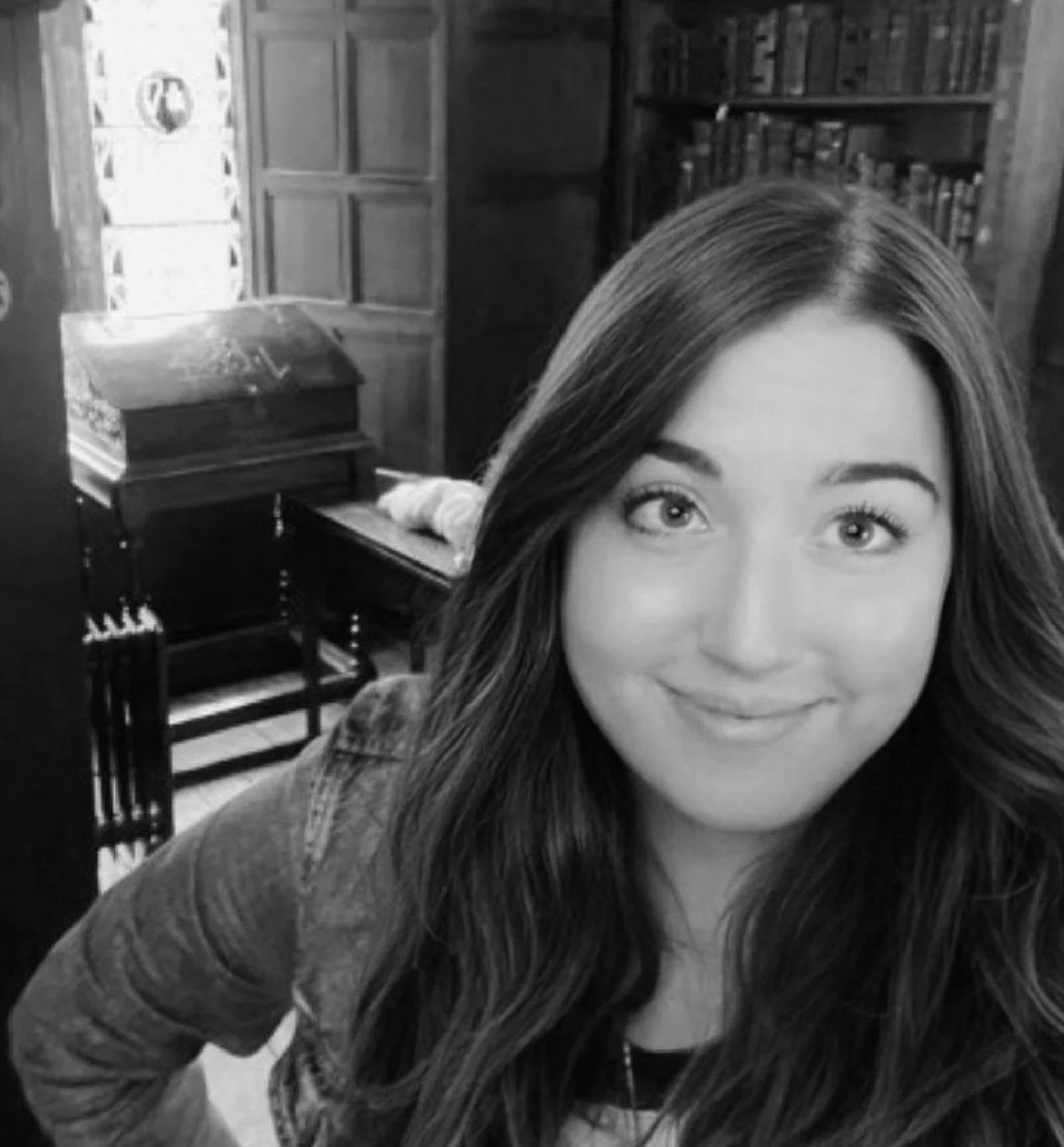ArchAI: Excavating the Archives in Rome
The ‘ArchAI’ project builds on my previous work leading a student team to create a digital exhibit for the ‘Resting Satyr’ at the Eskenazi Museum. This work increased engagement with the ancient collection by 25%. Building on this, I developed ArchAI, a custom AI tool that uses a ‘human in the loop’ model to support archival research on ancient art. The tool supports easy search, transcription, and translation of complex archival texts. Testing with over 100 participants showed a 55% increase in engagement with rarely used resources.
In my final year as a visiting student at UChicago, I will evaluate ArchAI’s impact on experts and general users. I will develop an educational packet for schools and universities to promote critical thinking about AI. Through case studies, surveys, and interviews, I will assess ArchAI’s impact relative to commercial AI tools. In 2025, AI adoption accelerated, and growing concerns about its long-term implications are emerging. My project directly addresses this research challenge. Project deliverables include publishing ArchAI on GitHub, assessing integration with other platforms, creating educational materials, and designing a digital exhibit. I will share results via blogs, podcasts, and conference papers.

